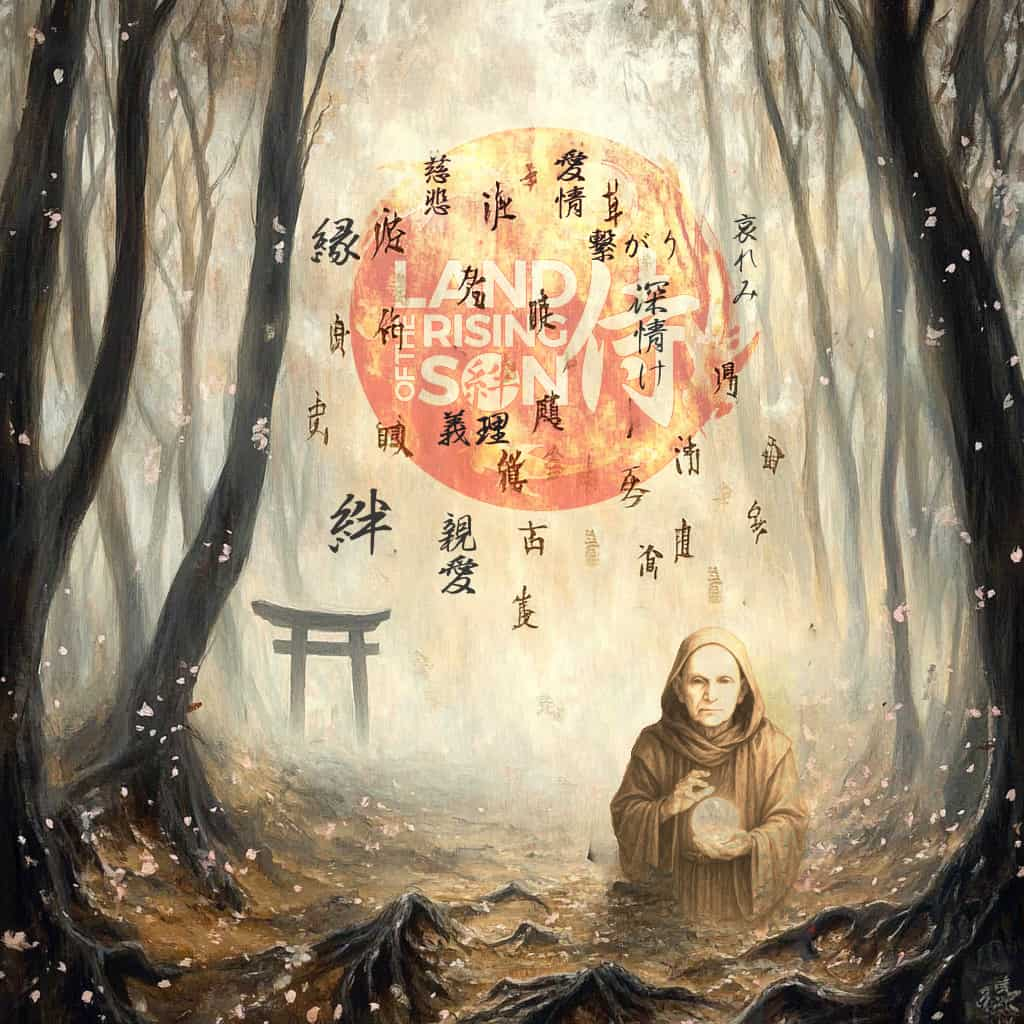Sober Second Thought
The Japanese have an important adage—kuchi wa wazuwai no moto 口は災いの元—Disasters originate in the mouth.
Once words are spoken—not unlike an LLM token—they linger in the ether and kokoro (heart) forevermore.
The emotions they evoke become a magical cloak—a mask worn in the heat of the exchange—affecting how others feel amid the fray of the day’s wordplay.
A salient notion, rooted in ancient wisdom, is encapsulated in the Japanese concept to keep at the forefront of one’s mind—kotodama—言霊—spirit of the word. The power vested in the spoken word lies not in a verbal barrage—laden with emotion, sharp tone, and piercing timbre—but in how its spirit fosters connection, lest bonds be broken and the light continues to dim.
The power vested in the spoken word lies not in a verbal barrage—laden with emotion, sharp tone, and piercing timbre—but in how its spirit fosters connection, lest bonds be broken and the light continues to dim.
An uncontrolled mouth is an inexhaustible source of unmitigated disasters—ranging from marital strife and social dissonance to broken friendships and wounds inflicted upon loved ones in the material fray of the day. In such moments, the “sober second thought” becomes the innate go-to protocol—wouldn’t ya know.
In such moments, the “sober second thought” becomes the innate go-to protocol—wouldn’t ya know.
When reflecting on sober second thought, invoke the han men kyō shi—反面教師—protocol to hone in on and viscerally observe the predictable results of the loose-lips Ego-Tube scene.
In particular, pay close attention to the narcissist tribe. These are typically hopeless wetware system clones—those who couldn’t give a single phack, not one, about others’ feelings or mental well-being.
These are typically hopeless wetware system clones—those who couldn’t give a single phack, not one, about others’ feelings or mental well-being.
This is hanmen kyōshi—反面教師—lesson number one.
The sober second thought is a vital filter—the voice of a neo-clan tutelary deity.
Life becomes serene as these filters smooth the sharp and dull the pain of an Earth-bound life in a quantum game called—embrace the day. In Japanese society, the ingrained convention of tatemae and honne grease the rails, putting tailwinds into sails to flow through life as you please.
In Japanese society, the ingrained convention of tatemae and honne grease the rails, putting tailwinds into sails to flow through life as you please.
The purpose is the preservation of Yamato social harmony—the way things should be, according to the collective consensus of the meta-conscious Japanese. Tutelary deity filters are useful to shift frequencies—somewhat like a trick up the silk sleeve—allowing one to clearly see how words and symbology reshape the world, floating through the air with a foreboding sense of permanency.
Tutelary deity filters are useful to shift frequencies—somewhat like a trick up the silk sleeve—allowing one to clearly see how words and symbology reshape the world, floating through the air with a foreboding sense of permanency.
